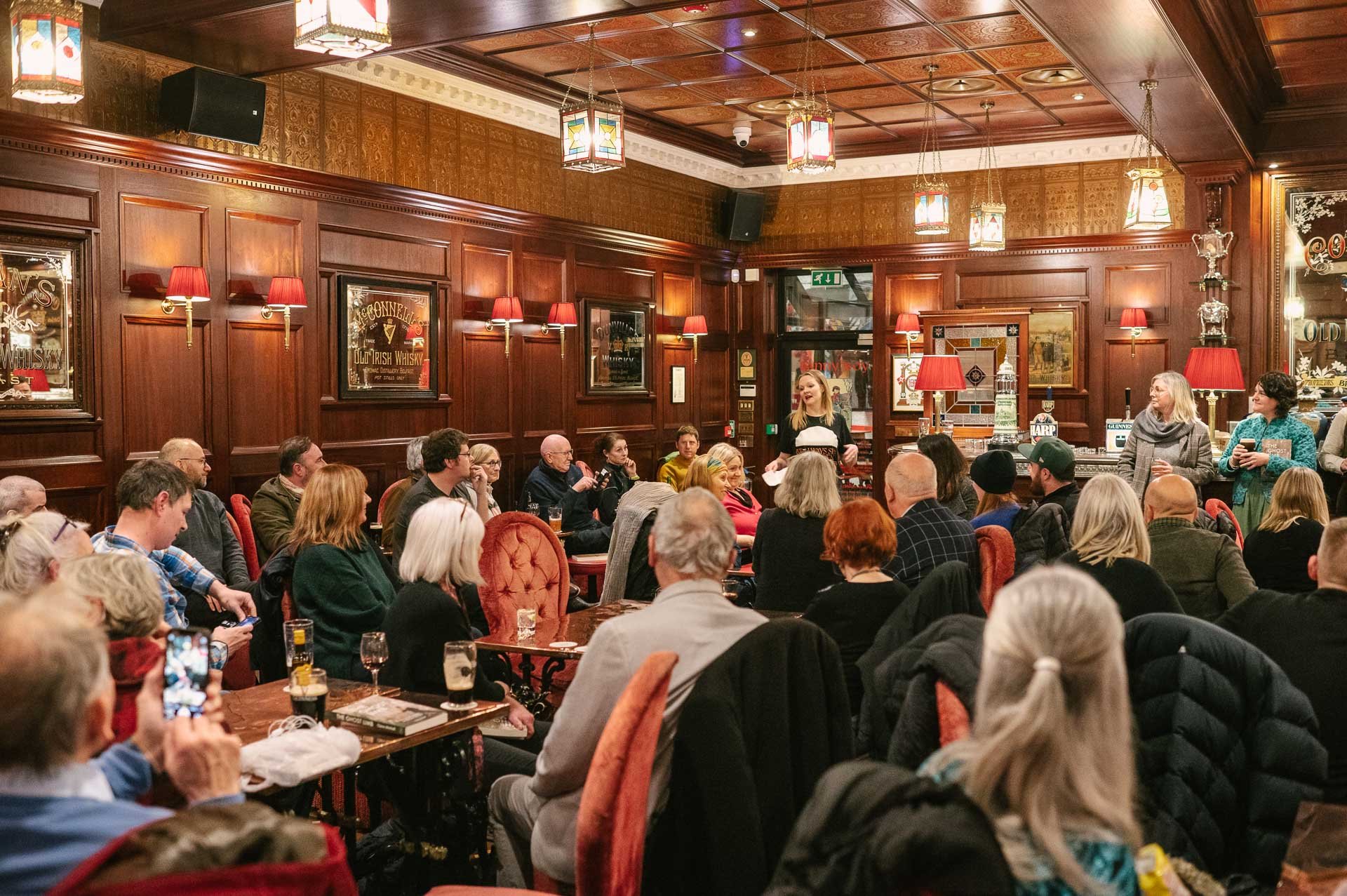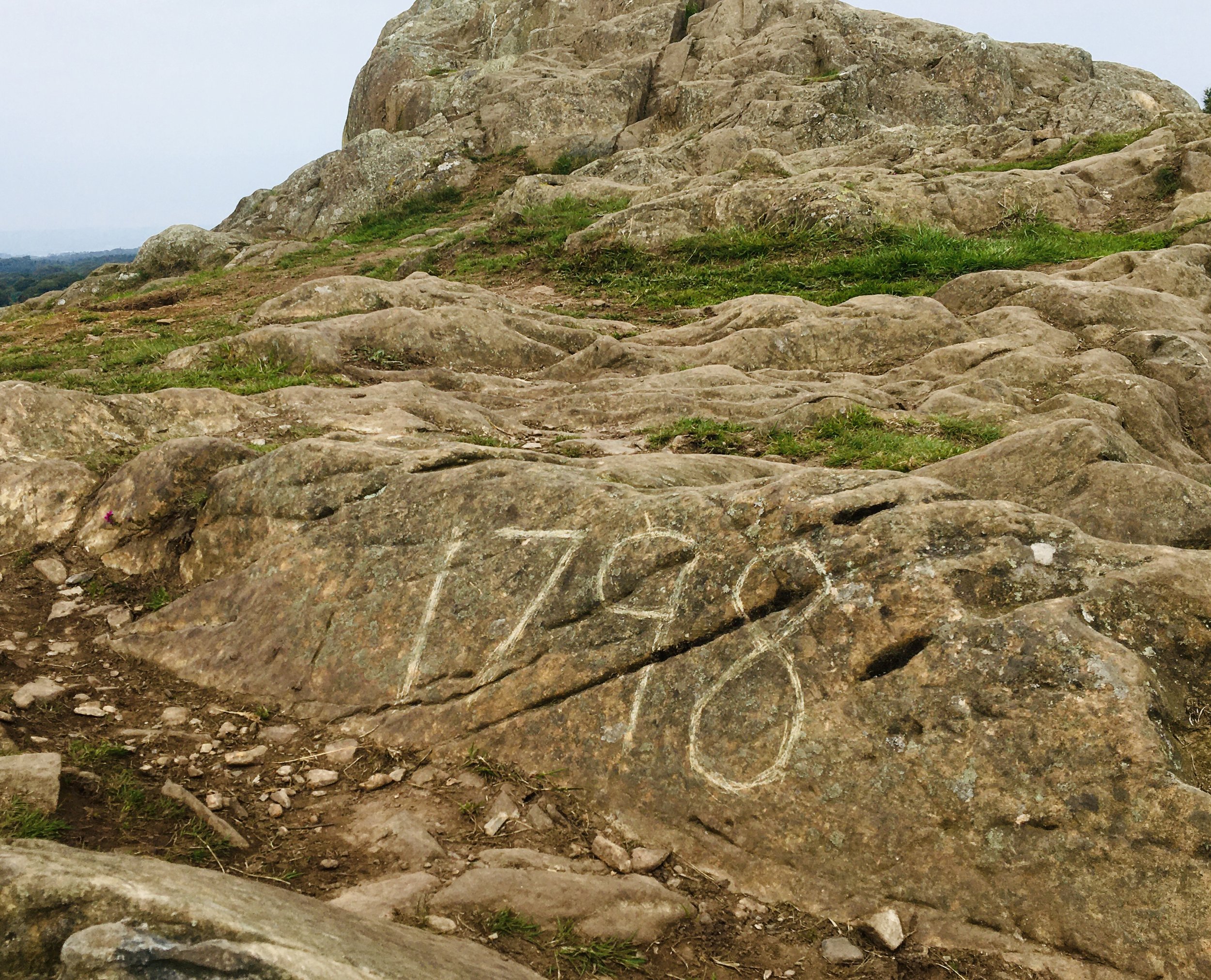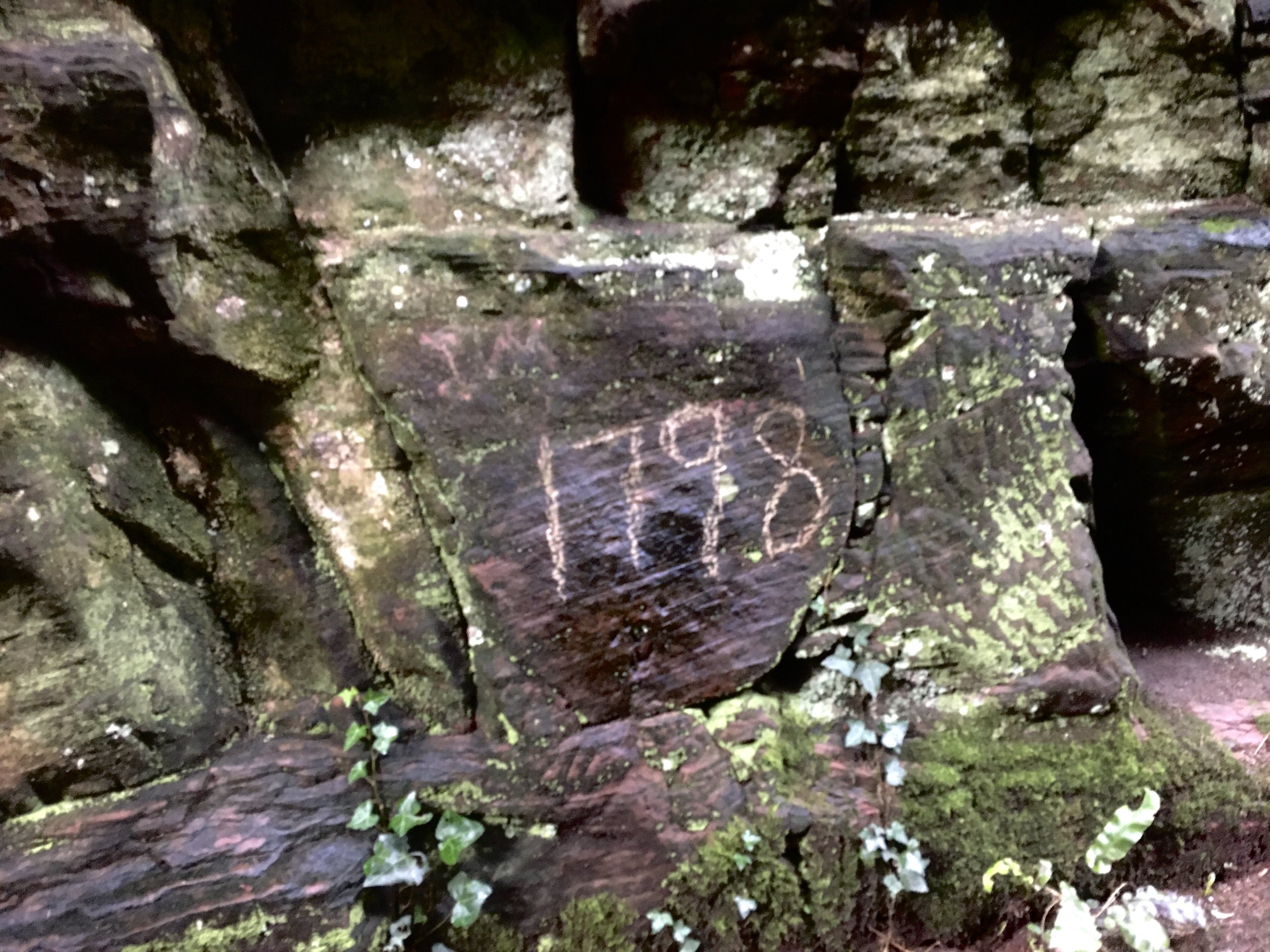An article I wrote for Z Network/Collaboration for Change. It’s part of a series Answering Ireland’s Call: Thoughts for a new republic (Freagairt ar Ghlaoch na hÉireann: Smaointe ar phoblacht nua). The series explores the reunifcation of Ireland from a green-left persepctive. Do read the other articles too. We need this. A neoliberal Ireland is not enough.
The Ireland I Want Does Not Exist Yet
The Ireland I want to live in does not exist yet. It has never existed. But civilisations, empires, nations and systems rise and fall. And all kinds of things are possible.
To be content with our current lives requires a lot of pretending. Pretending that social democracy is doing ok. Pretending that equality and solidarity are a forward march; that fascism is marginal and contained; that ecological collapse will mainly be a problem for future generations. Pretending that Irish unity can be based on infinite growth.
I have wanted to see the reunification of Ireland for my whole life. I would vote for it tomorrow, without definition. Because I believe that a partitioned Northern Ireland, bending itself out of shape around a remote, careless Westminster is a disastrous way to organise our lives. I suspect that the structural sectarianism of the northern state cannot be unpicked. Building a meaningful citizens’ democracy in the North, under current arrangements, seems impossible.
But it is not enough to ‘want out’ of the UK. That is not a statement of hope or vision. And it also requires pretending that Ireland is not swept up in the same soaring inequality – and its bedfellow, bleak antsy disenfranchisement – as the UK.
I am not an expert in how to move beyond orthodox models of economic growth in late capitalism. And I don’t pretend to know how to get from a to b. But I can tell you how I imagine life in my County Down town in a (near) future Ireland.
I live in a coastal peninsula town. So I imagine that the sea will have swallowed the coast road, the local playing pitches, the new nursing home and the big Tesco. Flood defences have been reinforced many times, but it’s a flat town and I often wonder whose home the water will reach first.
There’s a field at the back of my house. War in Ukraine and changing climate conditions have led to low grain stocks and price volatility. So the field has potatoes. It is sprayed weekly to control weeds, pests and disease. My eyes sting red after each hazy blanket. After the harvest, I am not tempted to hop the fence and glean the left behind spuds. I worry about my family’s health. And how many more crops can be forced out of that soil.
Some preppers in Belfast were arrested recently with a house full of weapons and a bathtub of tinned fish. That’s one way to approach it. On the other hand, my friend in the next townland has a field and has begun a community supported agriculture project. It’s very hard work for him. And I do not personally enjoy that amount of cabbage. But I imagine we may need to work as a community to eat well in the future.
Our drinking water does not come from the blue green algal Lough Neagh. But I imagine the North’s natural resource extraction, biodiversity collapse and broken water system may mean we’re not far behind in eyeing our kitchen tap with trepidation. Rivers and streams did not sign up to partition, so we will need to find a common solution.
I imagine we might need to work together as neighbours to generate electricity for the town. The town is full of practical people, farmers with rough hands who make do and mend. I enjoy their company and I look forward to this. Not sending the town’s money to remote fossil fuel oligarchs is a welcome prospect.
I imagine that my adventurous children might not leave this island. It seems unlikely they will cross any border for university – land or sea – because we cannot help them pay for it. They already have some grasp of the future world and do not want the debt. Sometimes I imagine them in tiny homes in the garden, and think this is a silly apron string. But it is also an option.
A friend in the town has a partner with brown skin in a far away country. His children are here with him, but their mother cannot come because he does not earn enough money. I fear the future will involve a lot of keeping people out. Because ‘Ireland is Full’. The UK does not like new people arriving either. So on this I have no constitutional preference. My preference is for families to be together, and for people to come to safe, liveable countries if theirs is not.
I haven’t had time to reimagine other things about my town. Its public realm is very British. Some people enjoy hanging Union Jack flags high up on lampposts. Orange Order and loyalist band parades walk through the town regularly. Occasionally I go to watch, and other times I feel anxious. But in the grand scheme of things, I do not lose sleep over it. If my neighbours and I are working together on common projects, I imagine my anxiety will diminish. Plus, they have all the good ladders.
A good question is whether the future I imagine could happen if the North was part of the UK, equally as well as in a reunified Ireland. I think a surface level answer to this question is ‘why not?’. But it’s Westminster’s continued neglect of the North that worries me. The bones of the British state are crumbling. Despite so much inspiring radical history, elitism and conservatism feel like overriding British values. I find it hard to imagine that the UK is a structural context where the North could thrive. I imagine people in Sheffield, Dundee and Aberystwyth have similar concerns. And that we may each need to forge different, but connected, paths to extricate ourselves from the metropole.
Northern Ireland needs structurally functioning governance to stay afloat. I don’t think that the Republic of Ireland currently offers us this, because there is no plan, and the Republic has its own problems. But I find it easier to imagine that it could provide a place to practice good democracy than the UK. It is small. The North people would have a voice. As citizens not subjects. North and South are already geographically and ecologically united. We are historically bound by deep, traumatic bonds as well as joyful solidarities that I suspect only people of the island may fully understand.
I can’t imagine how Stormont could be part of our solution. Stormont often makes things worse. It green lights extraction and dysfunction, and these hold us back from a good future. Maybe it could be fixed, but I doubt it.
My imagination is small and limited. I have thought about my family, what we will eat and drink, and how to turn the lights on, in a small northern Irish peninsula town. A future Ireland will be a collaboration of thousands of different imaginations. Builders and farmers as well as writers and dreamers.
My imaginings have not been fully costed. I expect there are great savings in there as well as great expenses. Fundamentally, I imagine a future Ireland where value is measured differently – in health and happiness and having enough. That Ireland does not yet exist. But I think I am not prepared to sit quietly back and ‘wait to see the offer’. Because the offer will be Irish neoliberalism. So I would prefer to find others who imagine a similar shared future, to join forces somehow in a movement of movements, and begin to coherently articulate our asks. We only want the earth.



















































